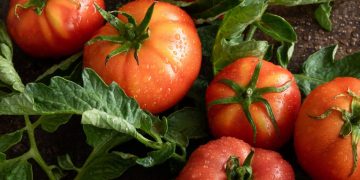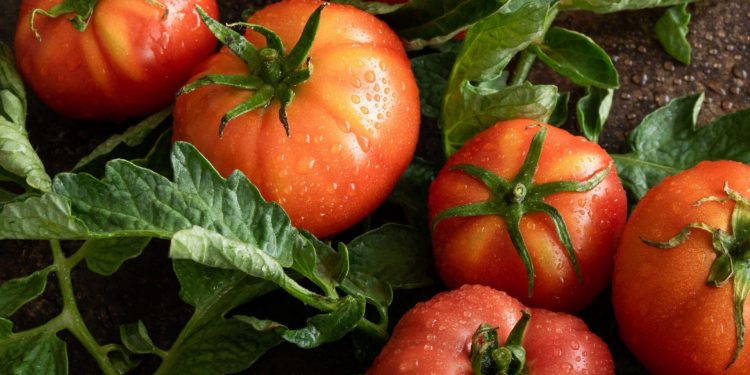One-third of Bulgaria’s Tomatoes, Peppers, and Cucumbers Are Exported, Primarily to EU Countries
Bulgaria’s vegetable sector continues to be a vital player in the European agricultural market, with every third tomato, pepper, and cucumber grown in the country destined for export. According to a report from the Ministry of Agriculture and Food, submitted to “Telegraf.bg,” the country exported a total of 39,200 tons of fresh vegetables in 2023, representing a 2% increase from the previous year.
However, preliminary data for the first five months of 2024 indicate a 14.1% decline in the export of fresh vegetables, amounting to 16,400 tons. Analysts caution that this decrease may not be fully indicative of the annual performance, as it does not include the peak export season for Bulgarian vegetables, which extends into late autumn. This seasonal shift may explain the current scarcity of Bulgarian tomatoes in local markets, as producers opt to sell their highest-quality produce in countries with higher purchasing power, where better prices can be secured.
The main products driving Bulgaria’s fresh vegetable exports are tomatoes, cucumbers, gherkins, and sweet peppers. These exports are almost entirely directed towards the European Union, which accounted for more than 98% of Bulgaria’s fresh vegetable exports in 2023 and over 99% during the first five months of 2024. The leading destinations for Bulgarian produce include Poland, Romania, Germany, Hungary, and Greece.
Tomatoes are particularly sought after in Poland, Romania, and Hungary, while sweet peppers find their primary markets in Germany and Romania. Bulgaria’s favorable geographical location and its focus on high-quality production have enabled it to secure a competitive edge in these regions, despite the challenges posed by fluctuating market conditions.
This export-driven strategy has allowed Bulgarian vegetable producers to capitalize on more lucrative markets abroad, even though it may lead to occasional shortages in local supplies. As Bulgaria navigates the evolving landscape of European agriculture, its commitment to maintaining strong trade relationships with EU countries remains a key factor in sustaining its agricultural export growth.































